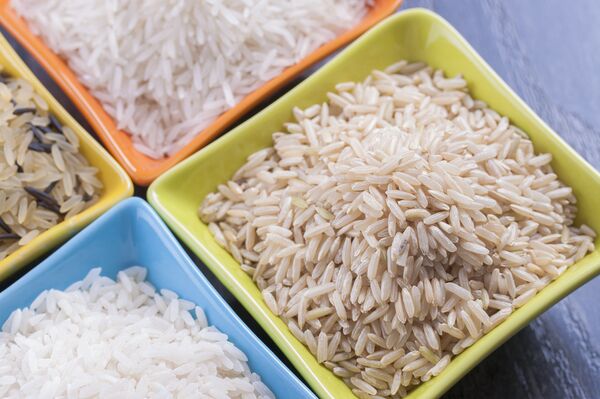MOSCOW, August 25 (RIA Novosti) - Rice produced in Japan’s Fukushima Prefecture has gone on sale in Japanese supermarkets in Singapore, the BBC reported Monday.
Singapore is said to have extremely strict food safety standards, and Japanese farmers have expressed hope that passing the state’s requirements could improve global confidence in their rice, especially the rice from Fukushima.
The Japanese government prohibited rice cultivation and export from the Fukushima Prefecture since the nuclear disaster in 2011 due to the contamination of the region’s fields with radioactive substances. The area is going through a decontamination process conducted by the Japanese government.
The Fukushima region accounts for about 450,000 tons of rice annually, which is 6 percent of Japan’s total of 7.6 million tons, according to rice news, research and analysis website Oryza.com. The region exported about 100 tons of rice in the first quarter of 2011 to Hong Kong and other countries before a tsunami caused a meltdown at a nuclear plant there.
In 2011, Tokyo Electric Power Co.'s Fukushima No. 1 atomic plant was hit by a tsunami, resulting in a meltdown of three of the plant’s six nuclear reactors. Large amounts of radioactive material were released contaminating the surrounding area. Tens of thousands of local residents were evacuated from the area.


